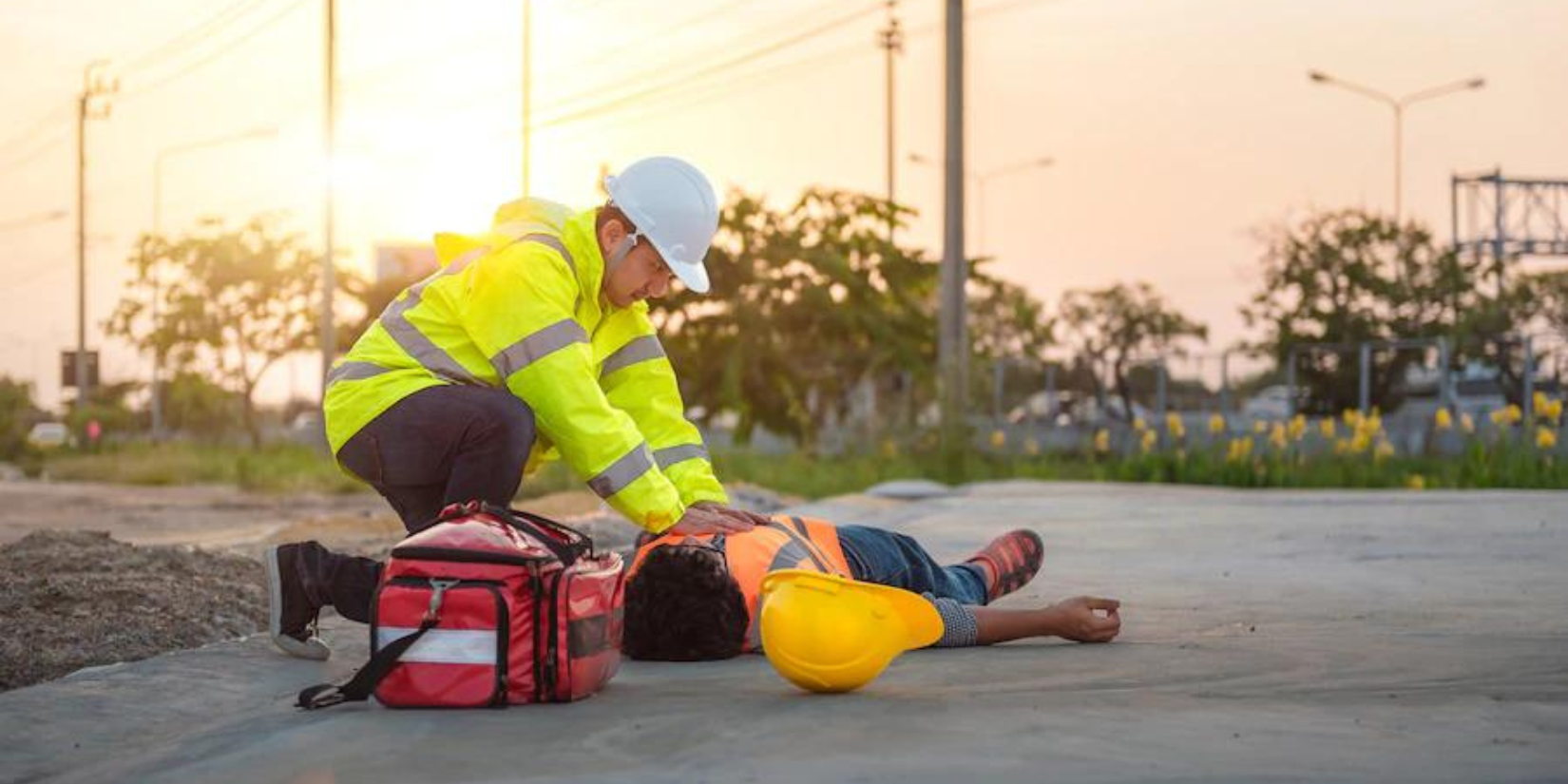
Occupational First Aid Level 2 is a 36-hour (excluding breaks) programme designed to give the first aid attendant with the skills needed to act as part of an effective workplace first aid programme. Participants who complete the programme will be certified to work as Worksite Level 2 first aid attendants. OSHAS Level 2 satisfies the standards of the US Labour Code as well (Standard First Aid).
The window of opportunity to resuscitate cardiac arrest victims is narrow, making on-site first aid staff a valuable addition to any workplace. And, while not every first aid call-out is a life-or-death situation, having qualified people on hand to form a vital link in the life-saving chain is reassuring. Furthermore, qualified first responders now have access to portable defibrillators, adrenaline auto-injectors, and other cutting-edge technology that produces genuine outcomes.
OSHAS stresses life-saving abilities that are transferable to the real world. We introduce students to simulation-based first aid training, which takes you away from your workstation and puts you in the middle of an emergency reaction situation even while you're training. After completing the Level-II First Aid Course, you will be ready, willing, and able to face emergency situations with confidence.
Simulated reality promotes deeper learning and improved information retention, allowing you to retain a cool head and focus on resuscitation and revival procedures without distraction if an emergency occurs while you are on duty.
OSHAS trains complete beginners to become proficient and confident emergency responders. The vast range of accomplishments achieved in only 6 hours of training demonstrates how simple the techniques are to grasp when trained by some of America's top paramedics and medical emergency response specialists.
Level-II First Aid is a complex course. It provides essential first aid foundational skills and knowledge that will enable you to act decisively the moment training is complete. Here are some of the important attainments gained in Level-II First Aid:.
Students can take the course test after studying the course material and passing the module quizzes. The purpose of the course exam is to gauge how well the students have understood the topic. Multiple-choice questions drawn from our sizable question library make up course exams.
Pattern:
There isn't a thorough programme exam available right now. Students must succeed on all of their course exams in order to finish the programme.